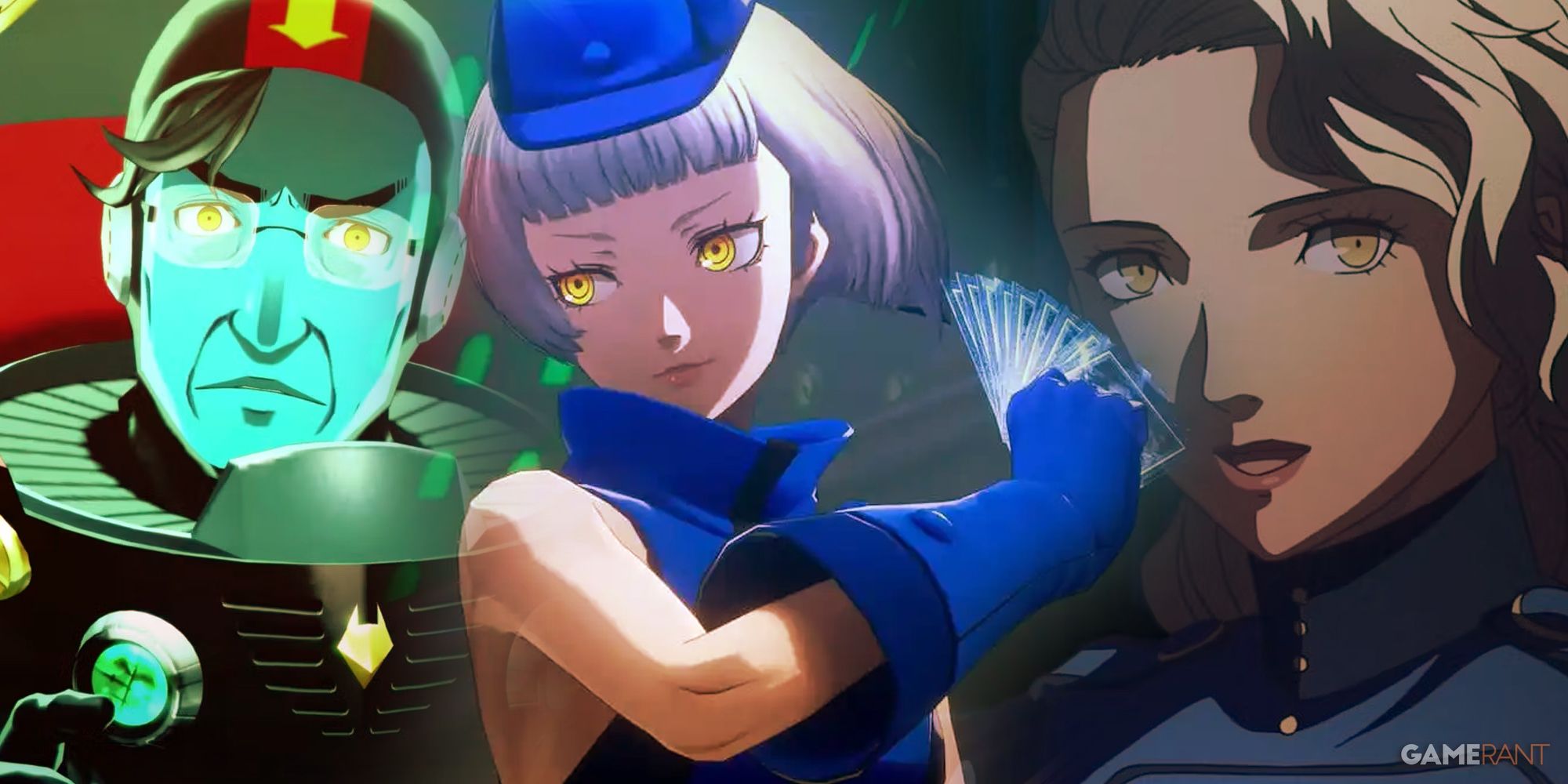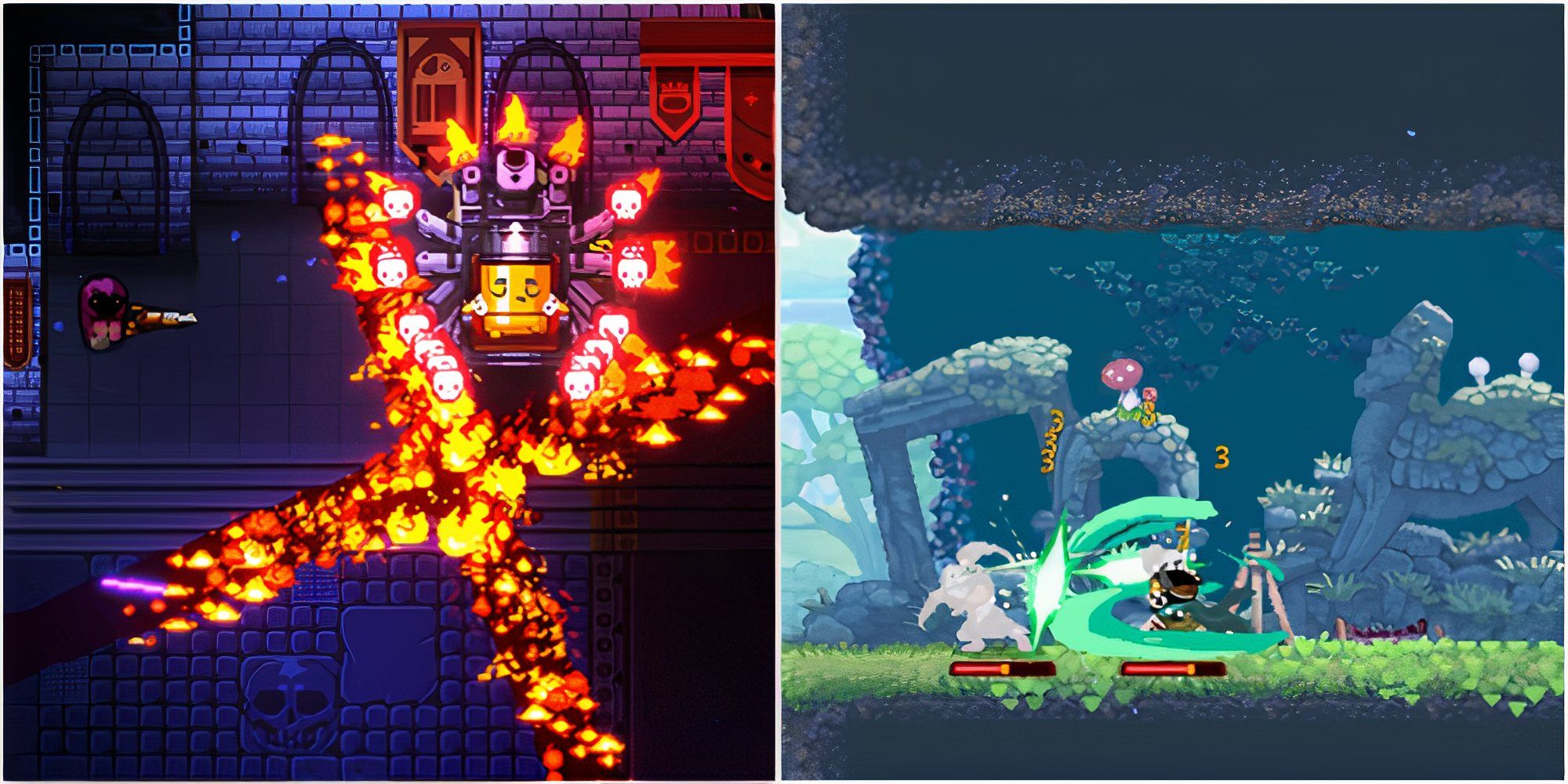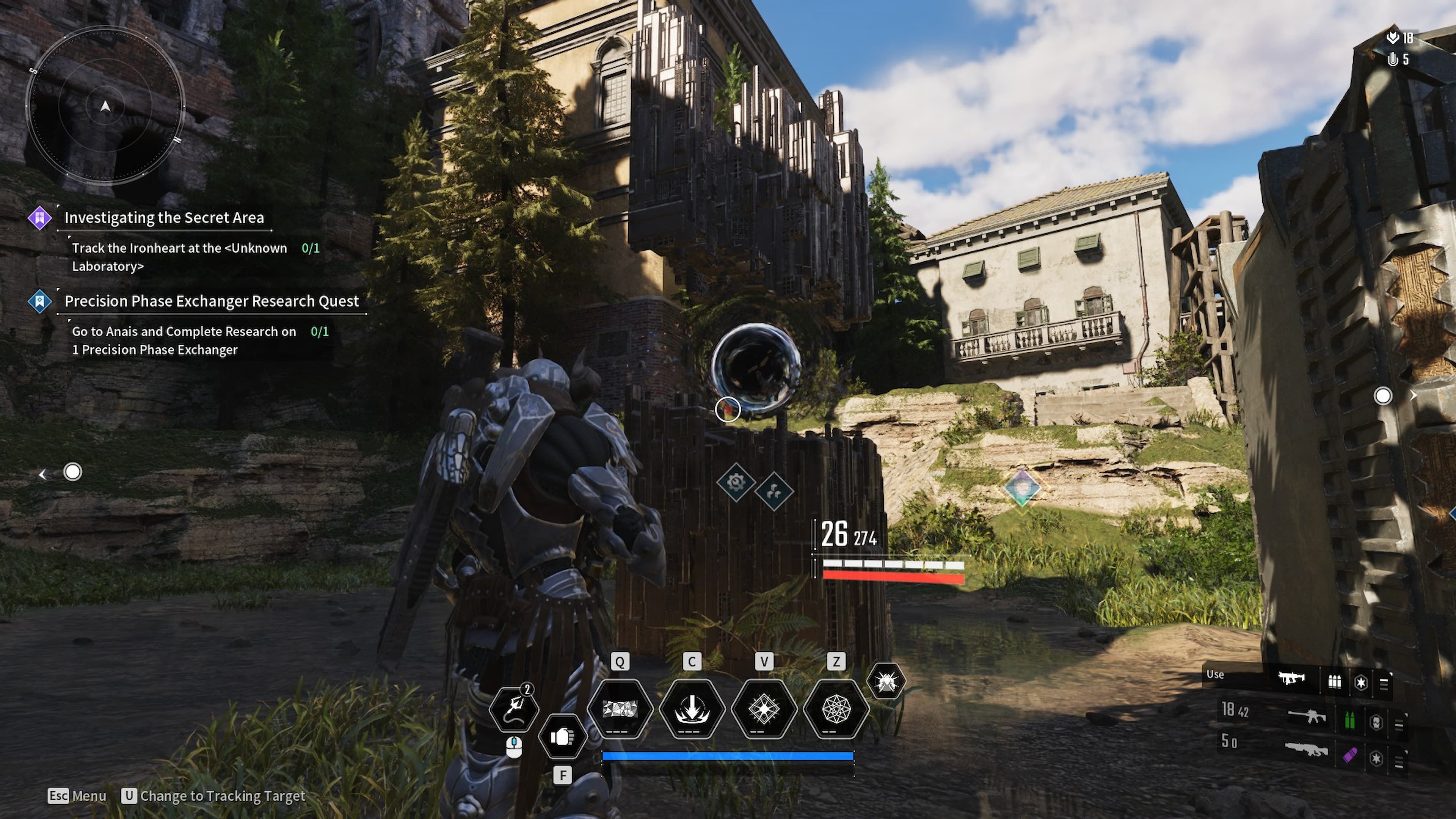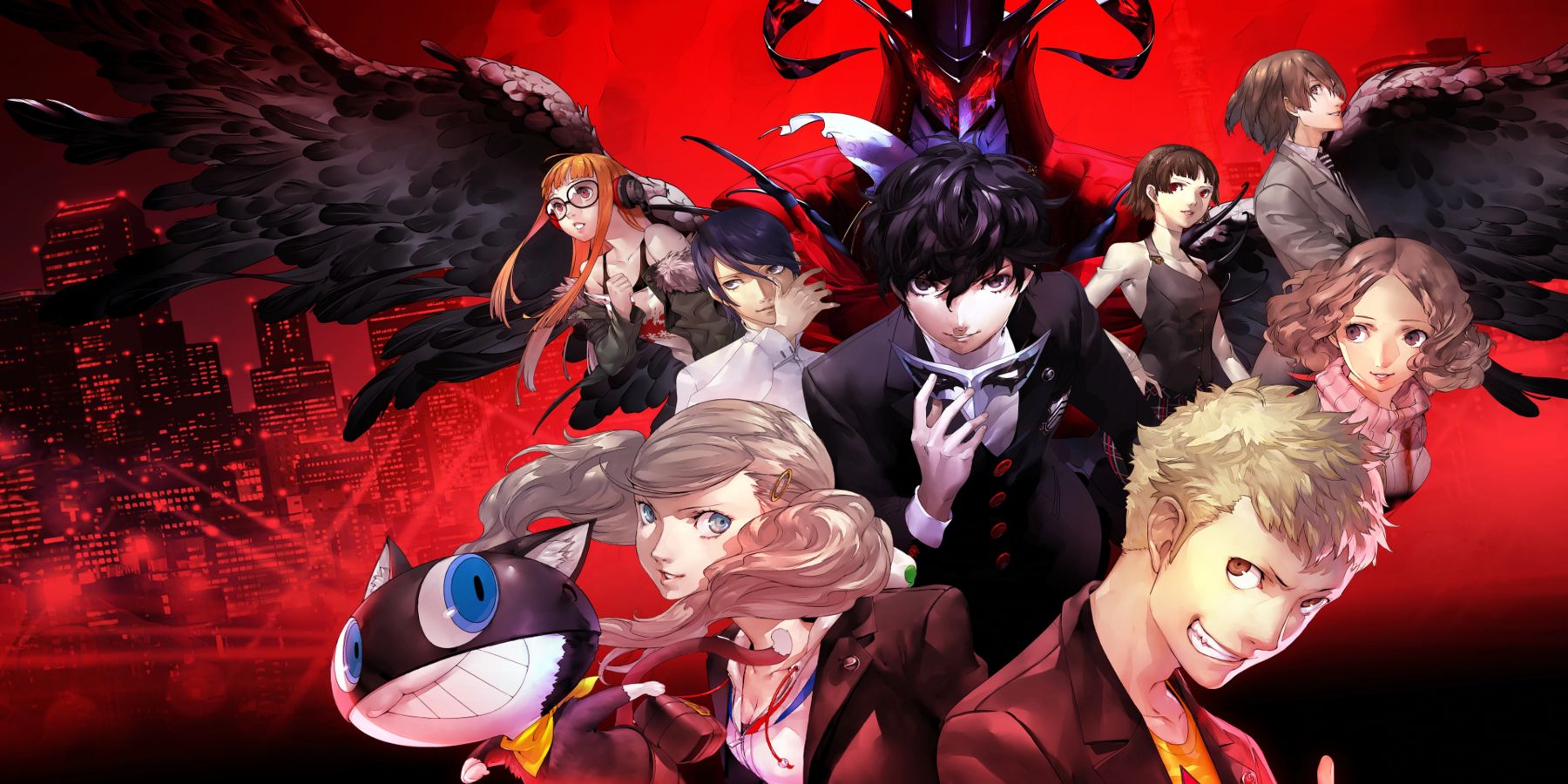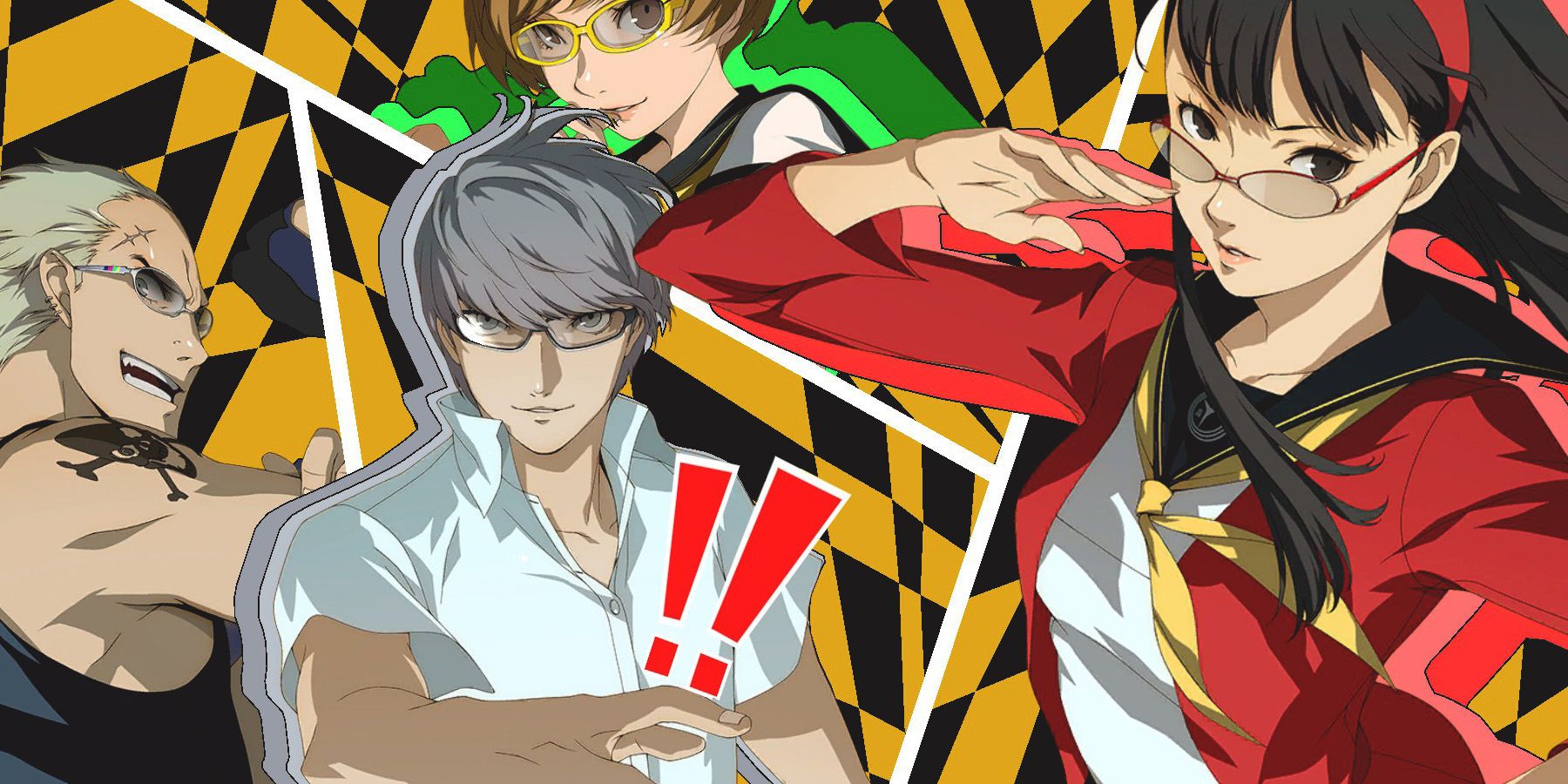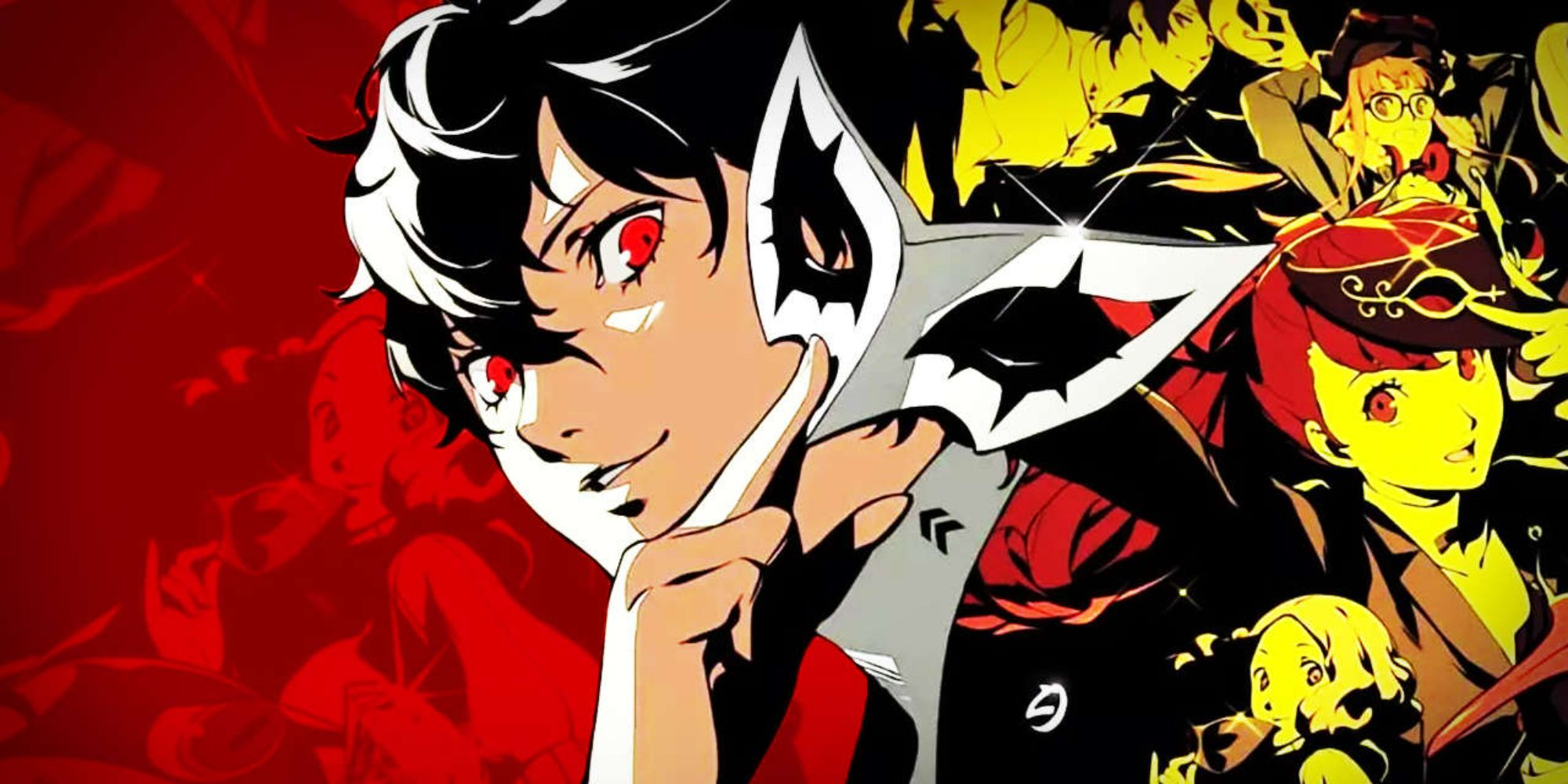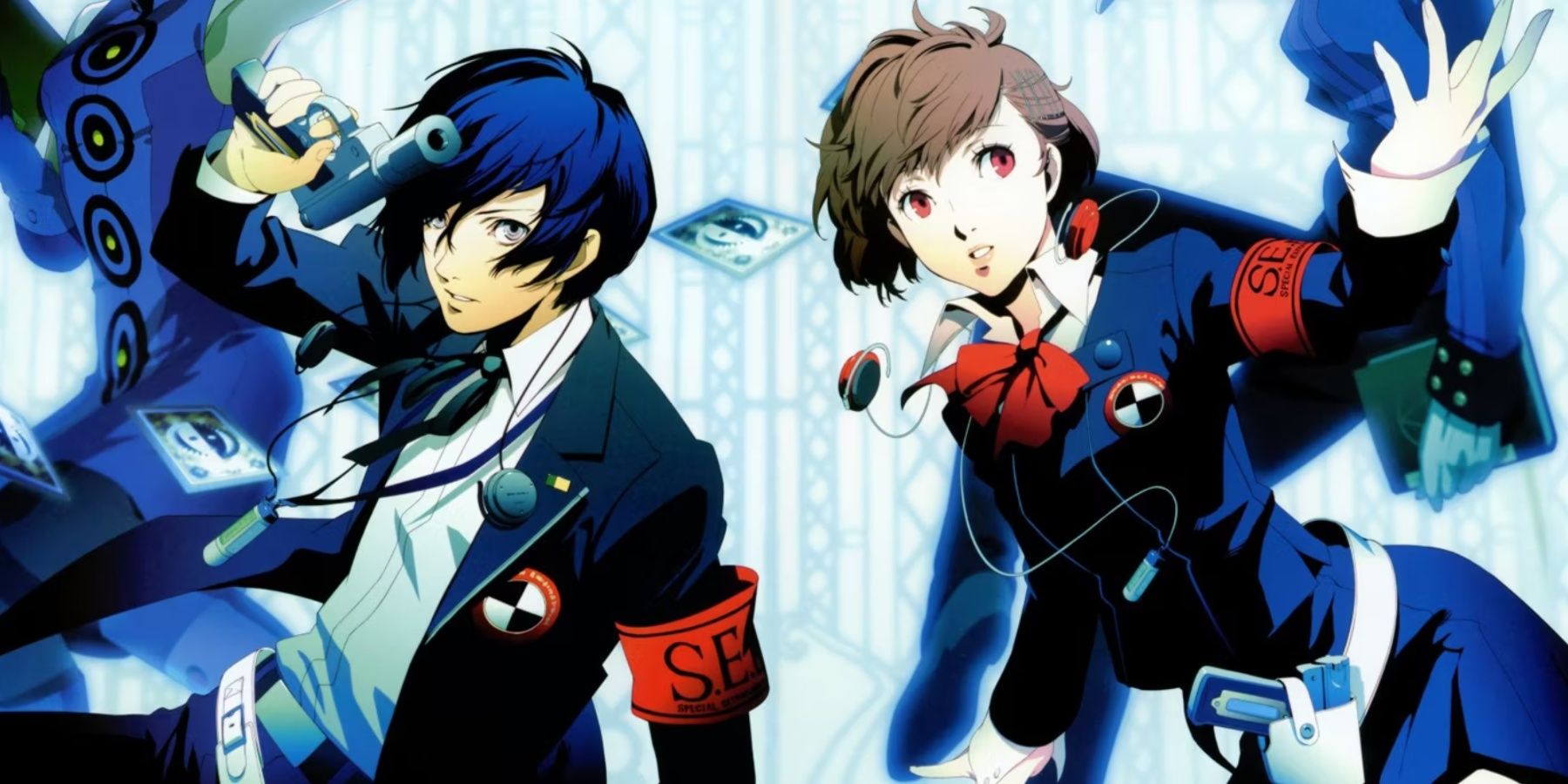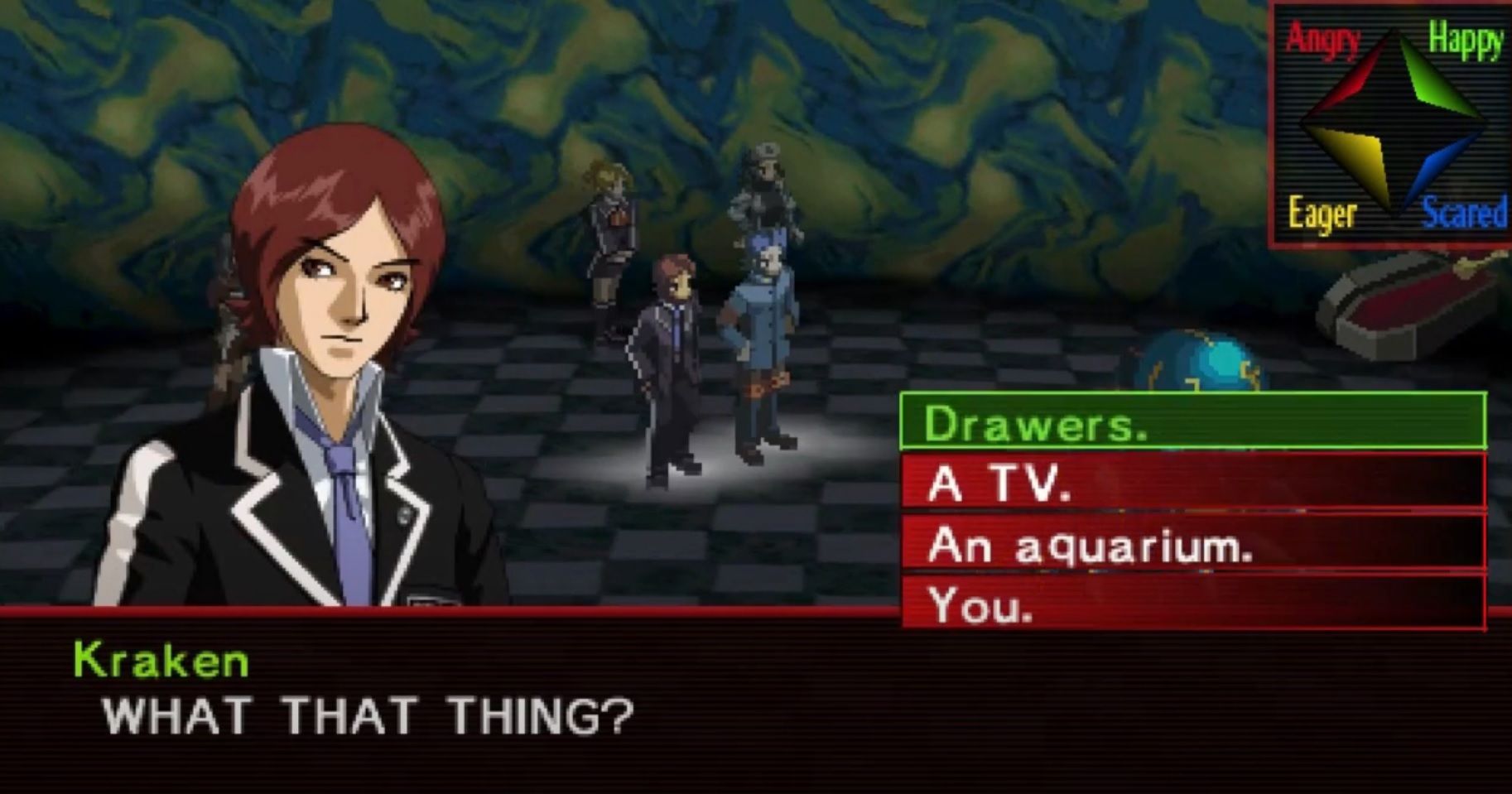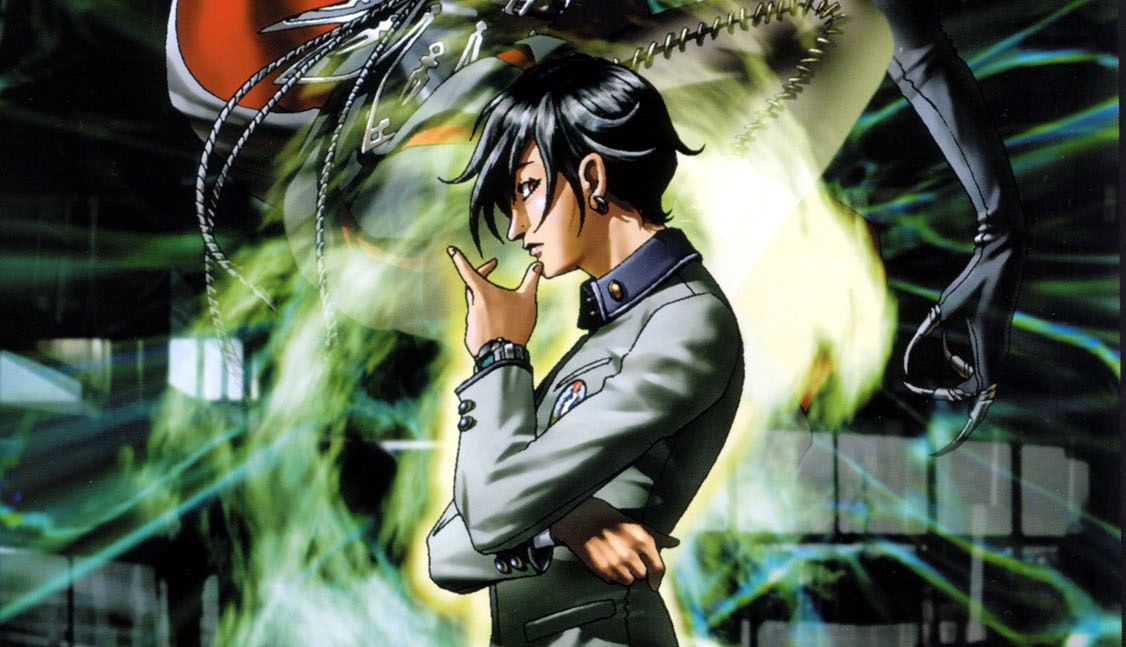With the reveal of Persona 3 Reload at the 2023 Xbox showcase, the series is once again on fans' minds. Persona spent much of its time being a niche franchise that spawned from the slightly more well-known Shin Megami Tensei, but over time it has gained a following in the West that has grown with each new release. Today, it rivals the best JRPGs in the business like Final Fantasy, Dragon Quest, and Tales, being a turn-based alternative that leans heavily on its art style, character development, and supernatural plots.
The history of the Atlus-developed series stretches back to 1996 with the first game, and with the sixth mainline entry confirmed to be in development as well as a plethora of side projects in different genres, it's safe to say that Persona has become a global mainstay instead of an obscure product that only a few people in the West are aware of. There have been learning curves along the way, and as such not all titles are created equally.
S-Tier
Persona 4 Golden - Though the 2008 PlayStation 2 original was a valiant first effort, it felt like developer Atlus left enough room for improvement. 2012's Persona 4 Golden did exactly that, with new characters, dialogue, and quality of life improvements.
It was one of the few abundantly clear reasons to buy a PlayStation Vita as, despite its nature as a 'remaster', it was and still is the gold standard of RPGs on a system littered with great offerings. Persona 4 Golden has seen more recognition now that it's available on Steam and Nintendo Switch, and fans are coming to realize the sky-high quality it still holds.
Persona 4 Golden is the formula executed as well as possible. The characters are excellent, the story is the perfect balance of supernatural and grounded in a realistic mystery, and the setting facilitates the story better than any Persona game ever has.
The murders that have upset the tranquil, rural town of Inaba have to be stopped by someone, and the Investigation Team of Chie, Yukiko, Yosuke, Kanji, and others make solving the case all the more enjoyable. It's limited by its hardware, but the PlayStation Vita complements the pick-up-put-down nature of the in-game days perfectly. The presentation is top-notch, the music is unforgettable, and the combat system was yet to feel stale or repetitive.
A- Tier
Persona 5 Royal -Persona 5 was the most pressure the series has ever had to succeed. The fifth game was met with strong sales, as people found something to love at Shujin Academy and in the game's culturally honest take on Tokyo. It expanded on its predecessors in almost every way and showed that the series could compete with the likes of Dragon Quest and Final Fantasy.
Although its turn-based battle mechanics wore a little thin at times and the story is unnecessarily lengthy, the value for money was evident. Add to this the edgy and utterly gorgeous art and soundtrack that stays in the minds of gamers years after its release, and Persona 5 is rightfully considered one of the best role-playing games of the last generation. The Royal version of the game expanded on the base product in the same way that Golden did for Persona 4, improving an already great experience.
Persona 3 - Though previous games did well to balance the life simulation angle of the present in Persona, the third game is perhaps seen as the series' biggest turning point. It was released in 2006, and while subsequent titles are more seamless to return to, Persona 3 has aged wonderfully, being very accessible for people who are keen to know where the core design of later games comes from.
Its shortcomings are few and far between. Tartarus isn't a particularly compelling dungeon, the city setting wasn't overly unique, and the combat was limited. Persona 3 oozed style, however, and by wielding a darker tone than later games it remains worth returning to.
Instead of masks in Persona 5 or cards in Persona 4, using a handgun to release a persona was very cool, and contributed to the game's tone tremendously. It's somewhat basic in 2023, but Persona 3 being more accessible than ever is a great development, as more fans can enjoy the plethora of things it did well.
B-Tier
Persona 2: Innocent Sin - Persona is a somewhat straightforward franchise, save for the spinoffs, with each new mainline game bringing an entirely different story. The waters are muddied by a pair of games that are each given the name Persona 2. Both are solid efforts on a PS2 that wasn't short of great RPGs.
Innocent Sin was the first to release and wielded a very abstract and wacky story with mechanics that were far different from its predecessor. It hasn't aged quite as well as what came after, but Persona 2: Innocent Sin leaned heavily on the Pokemon philosophy well, doing something different, albeit not as long-lasting.
Persona 2: Eternal Punishment- Just one year later in 2000, Eternal Punishment was released as a direct sequel to Innocent Sin. Its story is just as strange, set in a parallel world. The gameplay didn't evolve what its sister game started massively, but it gave fans more content, and judging the pair together it's evident that the Persona 2 saga is a vital step on the path to meteoric success.
C-Tier
Revelations: Persona - The highest praise that can be laid upon Revelations: Persona is that it would provide the basis for significant improvements in the future. It was a valiant first effort and had enough merit to justify returning for sequels, but so many of its core mechanics don't hold up all these years later. Navigation is confusing, the story is not sufficiently at the forefront, and the first-person perspective was more clunky than immersive.
Revelations: Persona's inclusion on the PlayStation Classic was a good idea, as it gave new audiences a viable way to experience what it offered. As a historical piece it's fascinating, and noticing the components that the franchise would abandon or evolve will prove valuable to Persona fans because there's little denying that while the first game has its positives, it was all up from there.

